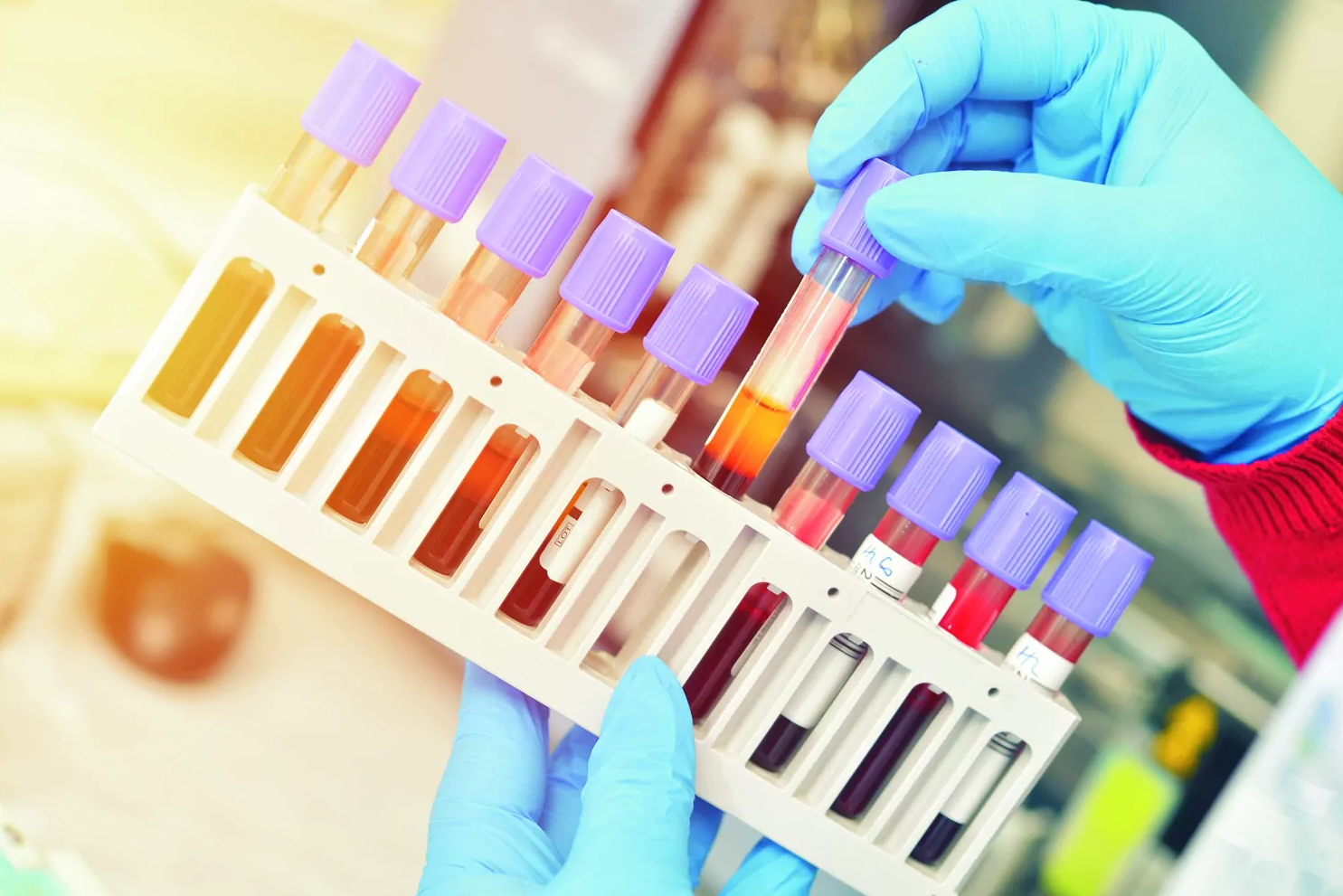Colon cancer is a serious health problem, especially for older adults. Knowing the symptoms and understanding treatment options can help with early detection, which is key to improving outcomes. Keeping an eye out for changes in bowel habits or other possible warning signs is essential to detecting the disease early. This article highlights common symptoms of colon cancer and explores available treatment options.

Common Signs and Symptoms of Colon Cancer
Colon cancer may not always show symptoms in its early stages, but as the disease progresses, the following signs and symptoms may develop. If you or a loved one notices any of these signs, it is important to see a doctor.
Changes in Bowel Habits
Persistent changes such as diarrhea, constipation, or a feeling that the bowel is not completely empty can be an early warning sign of colon cancer.
Rectal Bleeding or Blood in the Stool
Blood in the stool, whether bright red or very dark, can indicate bleeding in the colon. Even if this only occurs intermittently, it is important to have it checked out by a doctor.
Unexplained Weight Loss
Weight loss without changing your eating or exercise habits can be a sign of colon cancer, as the disease can affect the body's ability to absorb nutrients or cause a loss of appetite.
Persistent stomach pain
Cramping, bloating, or constant pain may indicate a problem with the colon, especially if it's a recurring problem.
Weakness or tiredness
Colon cancer can cause bleeding, leading to anemia, which can lead to feelings of fatigue or weakness. This symptom is often easily ignored or attributed to other age-related conditions.
A feeling of incomplete emptying
Even after a bowel movement, patients may feel that their intestines have not been completely emptied. This symptom may be related to a tumor in the rectum or colon.
Swelling of the feet and hands
If colon cancer has spread to the liver, it may cause other symptoms, such as swelling of the feet and hands. This swelling may be caused by the liver's decreased ability to process fluid, which causes fluid to accumulate in the body. Other related symptoms may include nausea, fatigue, an increased abdominal girth, and jaundice, all of which require medical attention if they occur. (Source: Cancer Center)
These symptoms may have other causes, but it's important to see a doctor to rule out colon cancer or other serious conditions.
Colon cancer may be more common than you think
Colon cancer is one of the most common cancers in the United States, especially among older adults, and its incidence increases dramatically with age. The risk of developing colorectal cancer (CRC) nearly doubles for every five-year age group before age 50, and continues to increase by about 20% to 30% in individuals 55 years and older. Here are some statistics to illustrate the impact:
- The American Cancer Society estimates that there wi be 106,590 new cases of coon cancer in 2024, affecting men (54,210) and women (52,380)
- An estimated 46,220 new cases of recta cancer are expected, with 27,330 in men and 18,890 in women.
- Coorecta cancer is the third most common cause of cancer-reated death in men and the fourth most common cause of cancer-reated death in women. It is the second eading cause of cancer death, with an estimated 53,010 deaths in 2024.
Available Treatment Options for Colon Cancer
Treatment options for colon cancer include several drugs that target specific cancer mutations and mechanisms. Each drug works differently and may be more effective depending on the genetic profile of the cancer, thus increasing the chances of a better outcome when used in the right situation. Below is a detailed overview of the available drugs, as well as specific benefits and considerations to consider.
KRAZATI® (adagracib)
KRAZATI targets cancers with the KRAS G12C mutation, a challenging mutation in multiple cancers, including certain colon cancers. It works by binding to the KRAS G12C protein, inhibiting its function and slowing tumor growth.
- Pros: Provides a targeted therapy for KRAS mutant cancers, potentiay improving treatment responses in this patient popuation.
- Cons:Ony effective in patients with the KRAS G12C mutation, imiting its appicabiity. Common side effects incude gastrointestina upset, fatigue, and eevated iver enzymes, which require reguar monitoring.
TUKYSA® (tucatinib)
TUKYSA is a HER2-targeted therapy approved for the treatment of HER2-positive metastatic colorectal cancer, usually in combination with trastuzumab and capecitabine. It works by blocking HER2 protein signals, slowing or stopping cancer progression.
- Pros: May improve surviva in HER2-positive cases; combination with mutipe drugs may improve efficacy.
- Cons: Requires combination therapy, may increase risk of side effects such as iver probems, diarrhea, and fatigue. Reguar monitoring of iver function during treatment is recommended.
BRAFTOVI® (Encorafenib)
BRAFTOVI is usually combined with cetuximab to treat colorectal cancer with BRAF V600E mutation. It inhibits BRAF protein activity (a driver of many colon cancers), helping to reduce tumor growth.
- Pros: Specificay targets cancers with BRAF V600E mutations, and can significanty improve when combined with cetuximab.
- Cons: Limited to patients with BRAF mutations. Common side effects incude joint pain, rash, and fatigue; patients shoud be monitored for skin reactions and possibe digestive probems.
FRUZAQLA (fruquintinib)
Fruquintinib is an experimental VEGFR inhibitor that targets the tumor blood supply by inhibiting the vascular endothelial growth factor receptor (VEGFR). This treatment may benefit patients with advanced, hard-to-treat colon cancer.
- Pros:Focuses on cutting off bood fow to the tumor, a usefu approach for treating cancers that are resistant to previous therapies.
- Cons: Sti in cinica testing and not yet FDA-approved; side effects may incude high bood pressure and kidney probems, requiring reguar monitoring.
Conclusion
Colon cancer is a significant health problem for older adults, but early detection and appropriate treatment can lead to better outcomes. Regular checkups and paying attention to changes in the body can help detect the disease early. If you or someone you know experiences any of the symptoms listed above, the first step is to consult a doctor.





